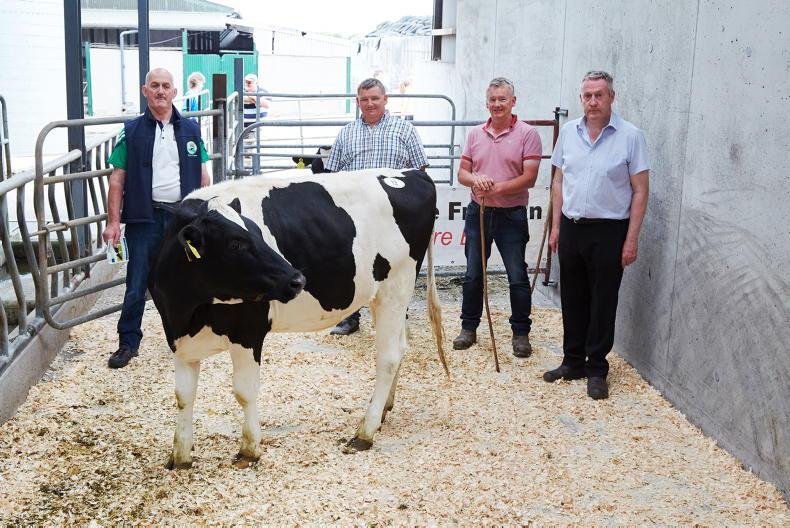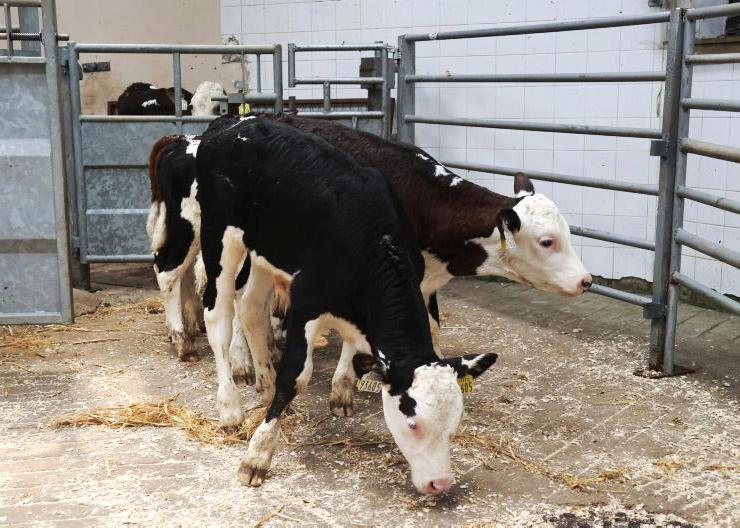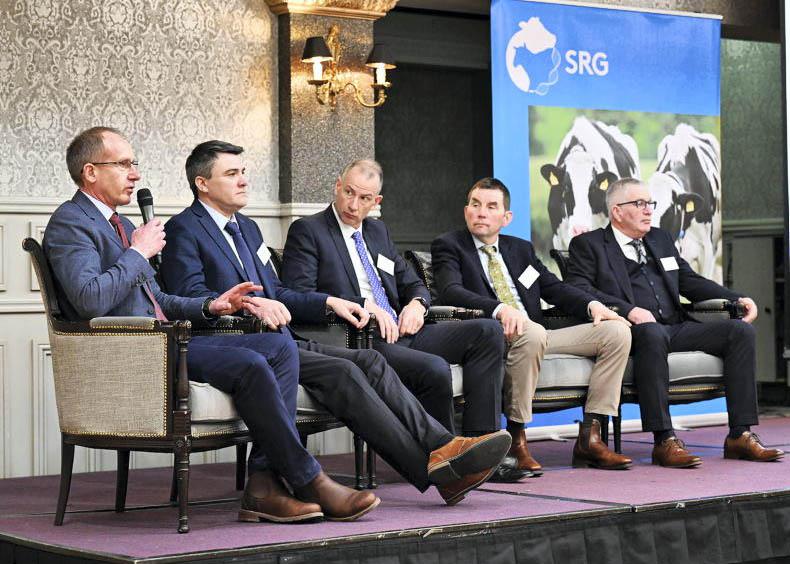In the coming weeks most suckler farmers will need to be aware of some key actions and dates in relation to guaranteeing this year’s Beef Environmental Efficiency Programme (BEEP) payment.
BEEP has become a substantial part of the farm support package on drystock farms. The BEEP payment is worth €90 on the first 10 cow-calf units and €80/cow-calf unit on the next 90 cows. This is broken into €50/pair for the first 10 weighings, with €40/pair for the next 90 cow/calf weighings.
It’s very important that scales are registered on the ICBF system before weighing takes place. All weights must be submitted to the ICBF within seven days of weighing.
Actions
Optional action one is either meal feeding or vaccination and is paid at €30/pair up to 100 cows while optional action two (faecal sampling) is paid at €10/pair up to 100 cows. On a herd of 30 suckler cows, BEEP-S is worth €2,500.
It’s important that key actions are completed within the required time frame over the next few weeks.
For some people these actions will include pneumonia vaccination and for others it may include weaning and feeding concentrates prior to selling the weanlings.
Meal feeding needs to begin four weeks before weaning and continue for two weeks after. Meal feeding helps ease the weaning process and reduce stress levels around weaning time in an effort to minimise any outbreaks of diseases like pneumonia.
Table 1 outlines some example dates and timelines in order to be compliant with the scheme.
Proof of purchase
The Department of Agriculture does not require notification of meal feeding. However, if you have an inspection you will be asked to provide meal dockets to show proof of purchase of meal during the required time.
If the vaccination option is chosen you need to consult with your vet as to what option suits your farm. You can choose between a one- or two-shot programme depending on what strains of pneumonia you are vaccinating for.
Faecal sampling must be completed before 1 October with one sample being taken for every 10 cows in the herd. It’s really important sample kits are ordered in time to ensure samples can be processed by the lab.









SHARING OPTIONS